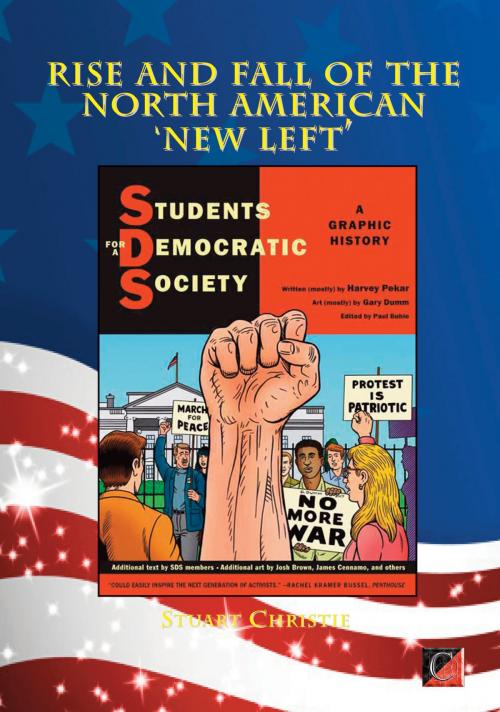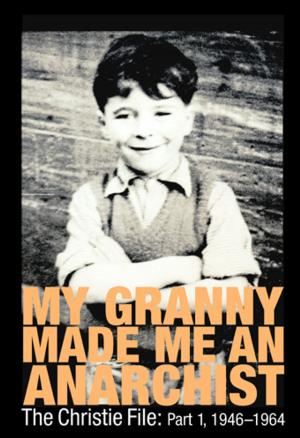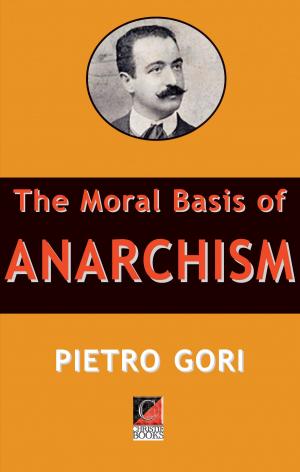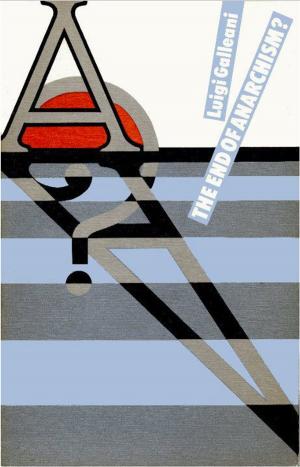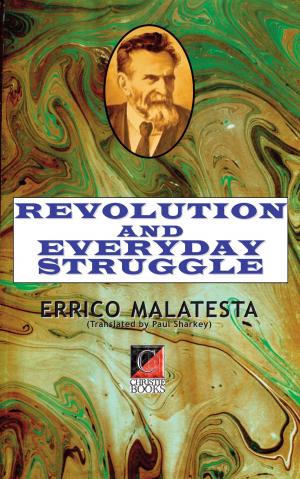THE RISE AND FALL OF THE NORTH AMERICAN 'NEW LEFT'
Nonfiction, History, Americas, North America, Modern, 20th Century, United States| Author: | Stuart Christie | ISBN: | 1230000270887 |
| Publisher: | ChristieBooks | Publication: | September 29, 2014 |
| Imprint: | ChristieBooks | Language: | English |
| Author: | Stuart Christie |
| ISBN: | 1230000270887 |
| Publisher: | ChristieBooks |
| Publication: | September 29, 2014 |
| Imprint: | ChristieBooks |
| Language: | English |
THE NORTH AMERICAN NEW LEFT was a protest-oriented movement of the 1950s and 1960s. In its early, developmental stage New Left theories evolved primarily from the trial-and-error experiences of its most dynamic constituent groups and individuals. It was, essentially, a response by liberal activists and dissident leftists to the cataclysmic widening of the gulf between the theory and practice of traditional Marxism in the mid-1950s.
The New Left began life in the mid 1950s as a reformist movement fertilised by an increased consciousness of racism, the threat of nuclear war and, later, America’s aggressive role in the Vietnam War. By the early 1960s the most dynamic elements in the movement had become disillusioned by the inability or unwillingness of the liberal democratic state to acknowledge let alone resolve the pressing moral issues of the day, particularly that of racism in the South. It quickly developed a much more revolutionary critique of the totality of ways in which consumer capitalism and the bureaucratic states of both East and West frustrated human needs and capacities. From a reformist opposition to racism in the South and war in Southeast Asia a revolutionary stance emerged of opposition to racism in general, to imperialism in all its forms and to sexism both in society at large and within the movement itself. Those who adopted this position viewed the whole mass of problems bred by an industrial society — alienation, ecological threats to the environment, poverty, hierarchy, competition, etc. — as being impossible to solve within either capitalism or bureaucratic communism.
THE NORTH AMERICAN NEW LEFT was a protest-oriented movement of the 1950s and 1960s. In its early, developmental stage New Left theories evolved primarily from the trial-and-error experiences of its most dynamic constituent groups and individuals. It was, essentially, a response by liberal activists and dissident leftists to the cataclysmic widening of the gulf between the theory and practice of traditional Marxism in the mid-1950s.
The New Left began life in the mid 1950s as a reformist movement fertilised by an increased consciousness of racism, the threat of nuclear war and, later, America’s aggressive role in the Vietnam War. By the early 1960s the most dynamic elements in the movement had become disillusioned by the inability or unwillingness of the liberal democratic state to acknowledge let alone resolve the pressing moral issues of the day, particularly that of racism in the South. It quickly developed a much more revolutionary critique of the totality of ways in which consumer capitalism and the bureaucratic states of both East and West frustrated human needs and capacities. From a reformist opposition to racism in the South and war in Southeast Asia a revolutionary stance emerged of opposition to racism in general, to imperialism in all its forms and to sexism both in society at large and within the movement itself. Those who adopted this position viewed the whole mass of problems bred by an industrial society — alienation, ecological threats to the environment, poverty, hierarchy, competition, etc. — as being impossible to solve within either capitalism or bureaucratic communism.
